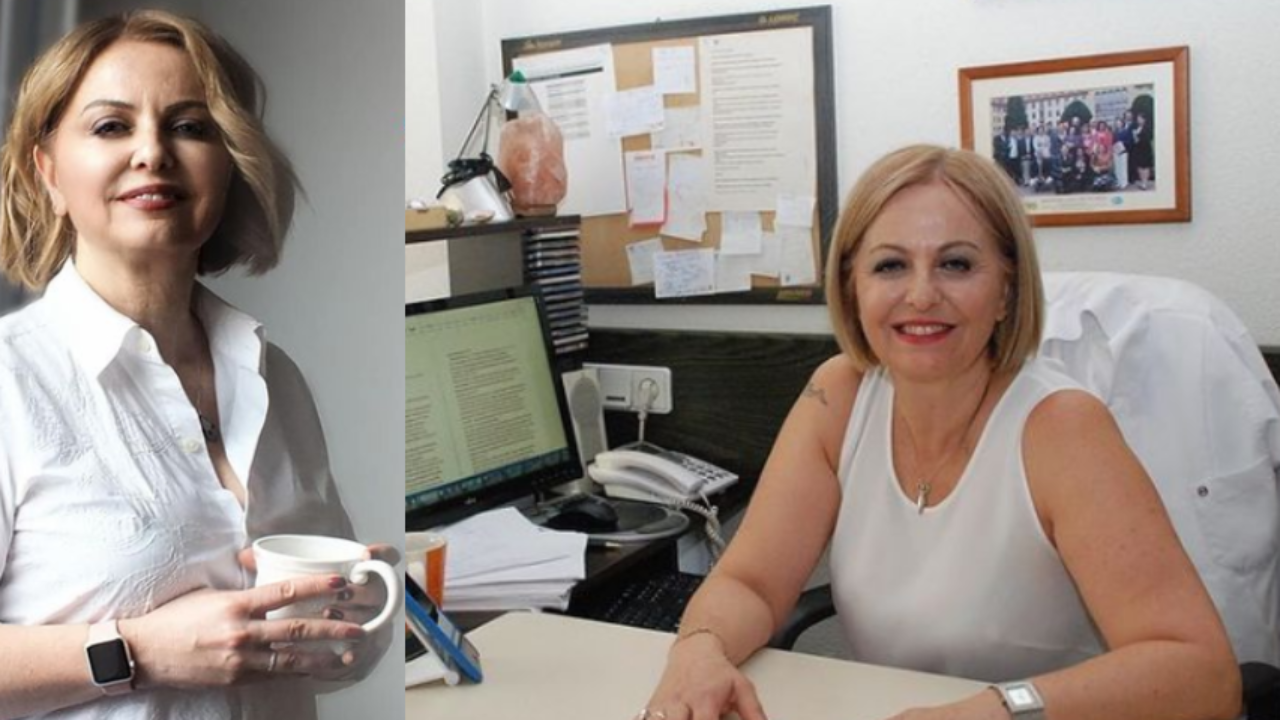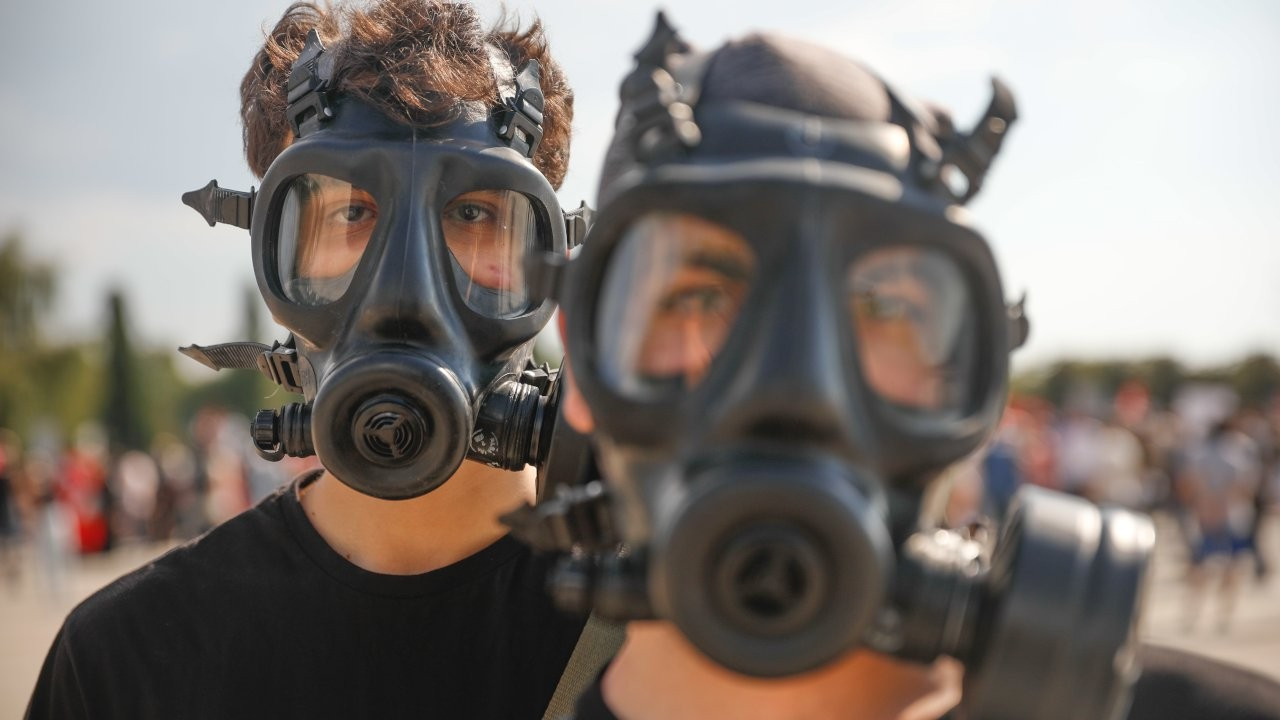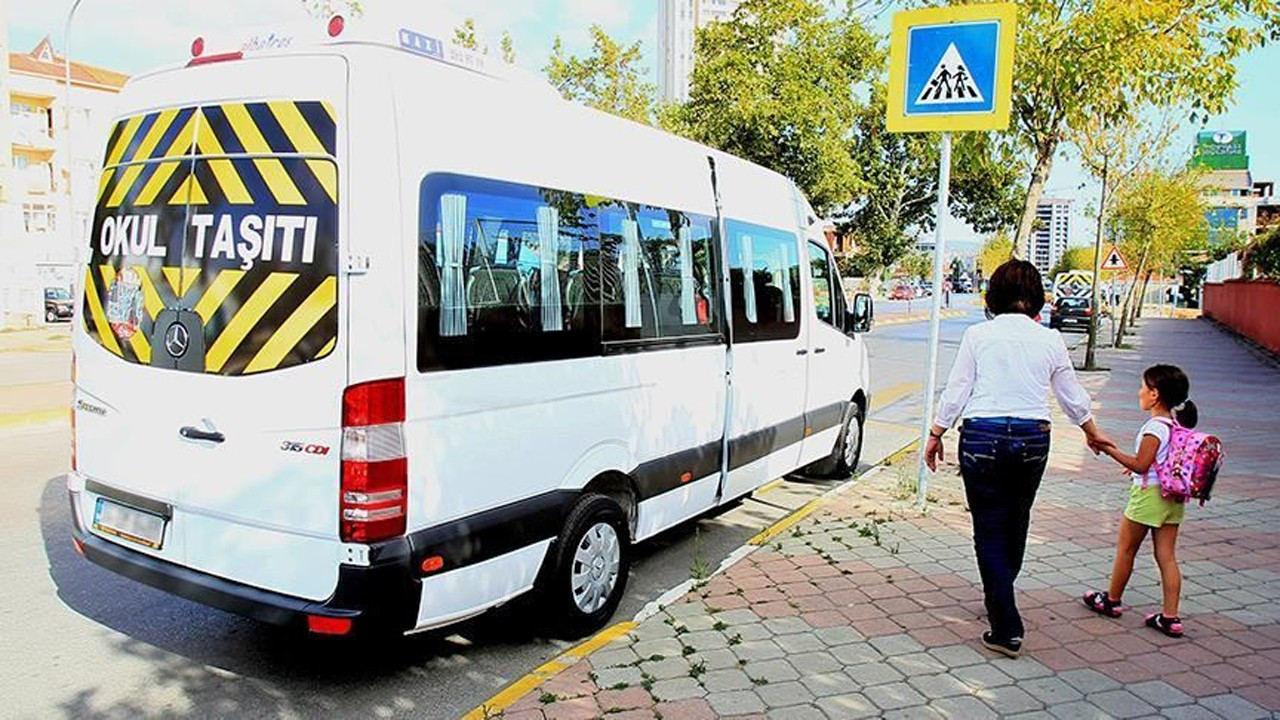Over 100,000 children of divorced parents unable to receive COVID jabs in Turkey
COVID-19 vaccines are now available to children above 12 years old in Turkey, but that does not mean all children can be vaccinated. Turkey’s online health portal requires the permission of both parents for vaccination, some children of divorced or otherwise separated families are unable to get the requisite approval for their jab.
Serkan Alan / DUVAR
As schools re-open and children return to in-person instruction, getting young people vaccinated against COVID-19 is more important than ever before. Vaccines are now available to everyone over twelve years of age in Turkey, but with one catch: Children under the age of eighteen must get permission from both parents to get the shot. This means that some children of divorced families - particularly those where one parent has full custody - are unable to be vaccinated. This affects some 100,000 children, according to medical and legal experts.
In order to get a vaccine appointment, children and teenagers under the age of eighteen in Turkey need to get approval from both parents on the state online health portal (e-nabız). Many children, however, are unable to get approval from one of their parents for a variety of reasons - they are not able to get in contact with one of their parents, one parent is anti-vaccine, or one parent is dead (but not recognized as such by the Turkish state). While there are legal steps families can take to bypass the two-parent approval process, this creates a delay and hundreds of thousands of children are unable to be vaccinated before they go back to school.
Doctor Elif Yılmaz is a single parent with sole custody of her two children, aged 15 and 17. She is not in communication with her ex-husband, and neither are her children. When the COVID-19 vaccine was approved for use in children above the age of twelve, she tried to register her children for an appointment, but was unable to do so without her ex-spouse’s approval. She was unwilling to get in touch with him for this purpose and therefore had to endure a long, complicated approval process at the local health directorate. In the time it took for her children’s appointments to be approved, her older son, age 17, got coronavirus.
“Even though I am a doctor, I barely managed to handle this,” Dr. Yılmaz said, “Why can’t I access my children’s e-nabız system even though I have full custody? In the time it took to get my children a vaccine appointment, my son caught coronavirus. The three of us were quarantined at home. If they had had the vaccine, or maybe he wouldn’t have caught coronavirus, or maybe it would have been mild.”
Parents are worried
Another woman, Meltem Zeybekoğlu, was unable to convince her ex-husband to approve her child’s vaccination appointment. According to Zeybekoğlu, every time she or her 15-year-old son asked him to log into e-nabız and give permission for the vaccine, he would say he “didn’t know where to do it.” Her son was only able to convince his father to approve his first jab three days before school started.
“[My child] goes to school every day and sits in a class of 42 people with just a single shot of the vaccine,” said Zeybekoğlu, “I am worried every day. Whoever has custody of the child should be able to make this decision.”
The anti-vaccine movement also has an effect on some of these children. Özlem Özmen is the mother of an 11-year-old son whose ex-husband is anti-vaccine. When she sought permission from her ex for their son to be vaccinated, he refused. Özmen has sole custody of her child, but e-nabız still required her ex-husband’s approval. She appealed to the Health Ministry, but has yet to receive a response.
“There are single parents. There are divorced parents whose spouses may be in prison, abroad, or even dead. There may be women who have experienced violence and do not want to see their ex-spouse. In such cases, I think that the need to deal with and get permission from the ex-spouse is not to the child’s benefit,” said Özmen.
Children of divorced parents are not the only ones to be disadvantaged by this approval process - some children have lost a parent, but the state has yet to record the death. A woman named Seda U. lost her husband abroad two years ago, but his death has not been recorded by Turkey. Her former husband’s family is fighting a lawsuit to have his death recognized, but it has yet to be resolved. When she tried to register her two children, aged 14 and 15, for vaccine appointments, the e-nabız system asked for her dead husband’s approval.
“I have been unable to vaccinate my children for a month and a half due to this,” Seda U. said, “My kids go to school and there might be someone who has COVID in their class. I am scared.”
Loophole needs to eliminated
According to the Turkish Civil Code, the permission of the parent with custody should be sufficient to make medical decisions. However, the Health Ministry does not take exceptional circumstances into consideration. They have based the vaccine rollout on the assumption that there are two present, married parents in every family who can make the decision in tandem.
According to the Secretary General of the Turkish Medical Association, this requirement is not correct based on the Turkish legal code - the permission of the parent with sole custody suffice. He called on the ministry to amend this approval process in order to give vaccine access to the over 100,000 children this policy could affect.
“The state is able to eliminate this kind of ambivalence,” he said.
Parents can take these issues to court, said Kalay Eken, the head of the Ankara Bar Association’s Women’s Rights Center. They first need to apply to the Health Ministry to receive the reason for their child’s rejection in writing and then can apply to the provincial health directorate for an exception. They can also bring these cases to custody court.
Regardless of legal possibilities, however, legal and civil society experts agree that this loophole needs to be eliminated in order to protect children not only from COVID-19, but from harmful domestic situations as well. Requiring two-parent approval could force both children and mothers into abusive or dangerous situations with ex-spouses.
“The Turkish state is making an effort to roll out the national vaccination program, right?” said Canan Güllü, president of the Turkish Federation of Women’s Organizations. “To be in this struggle without giving the ability to approve vaccination to those with sole custody makes no sense. This approval system can create issues for women who have been the victims of violence.”

 Turkish doctor subjected to sexual harassment online for being pro-vaccinationWomen
Turkish doctor subjected to sexual harassment online for being pro-vaccinationWomen 'Damn you Bill Gates!': Hundreds of anti-vaxxers hold 'Great Awakening Rally' in IstanbulCoronavirus
'Damn you Bill Gates!': Hundreds of anti-vaxxers hold 'Great Awakening Rally' in IstanbulCoronavirus Istanbul Governor's Office green lights anti-vaccination rallyCoronavirus
Istanbul Governor's Office green lights anti-vaccination rallyCoronavirus 10,000 Istanbul drivers refuse to drive school buses for fear of closureDomestic
10,000 Istanbul drivers refuse to drive school buses for fear of closureDomestic